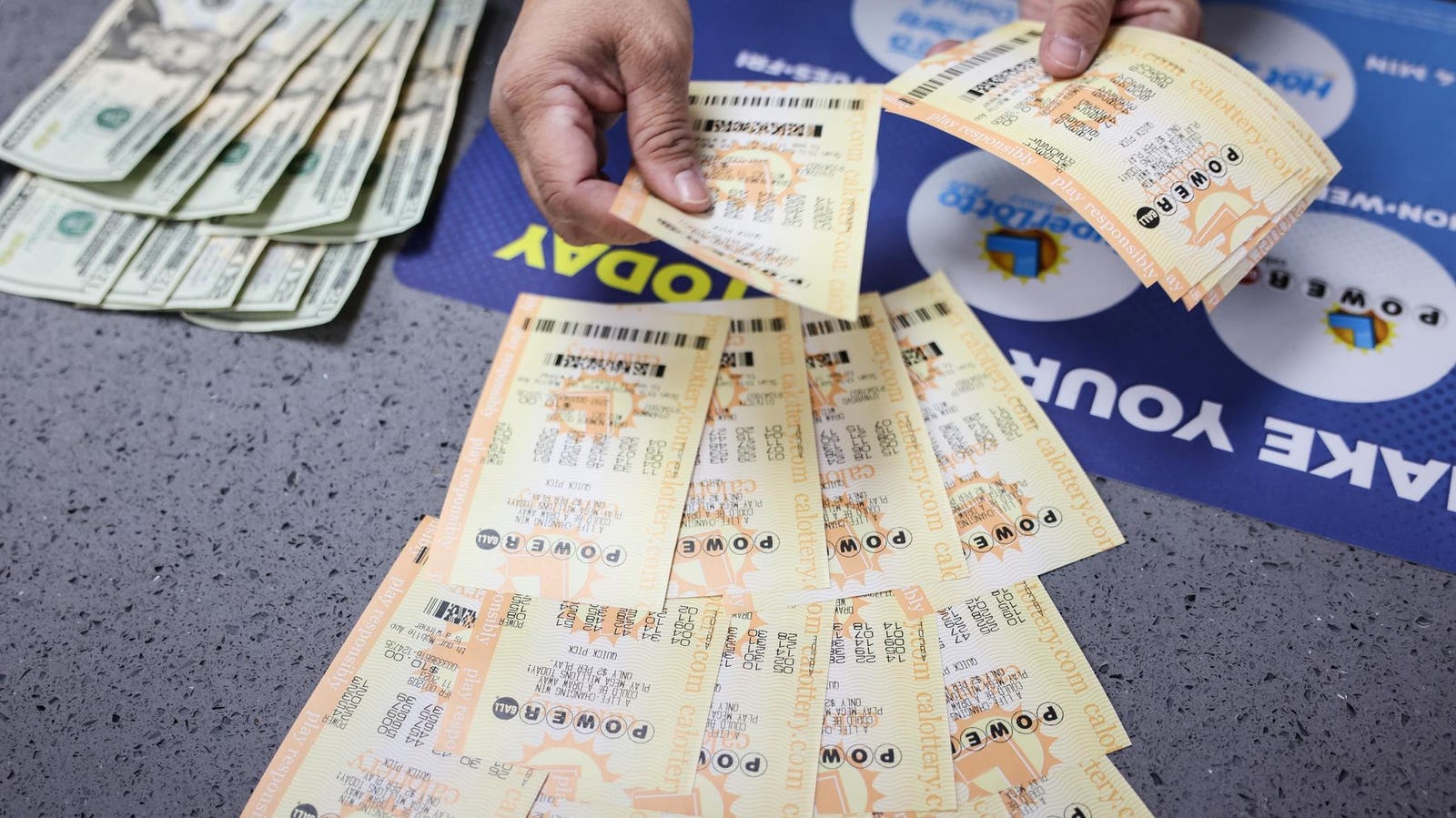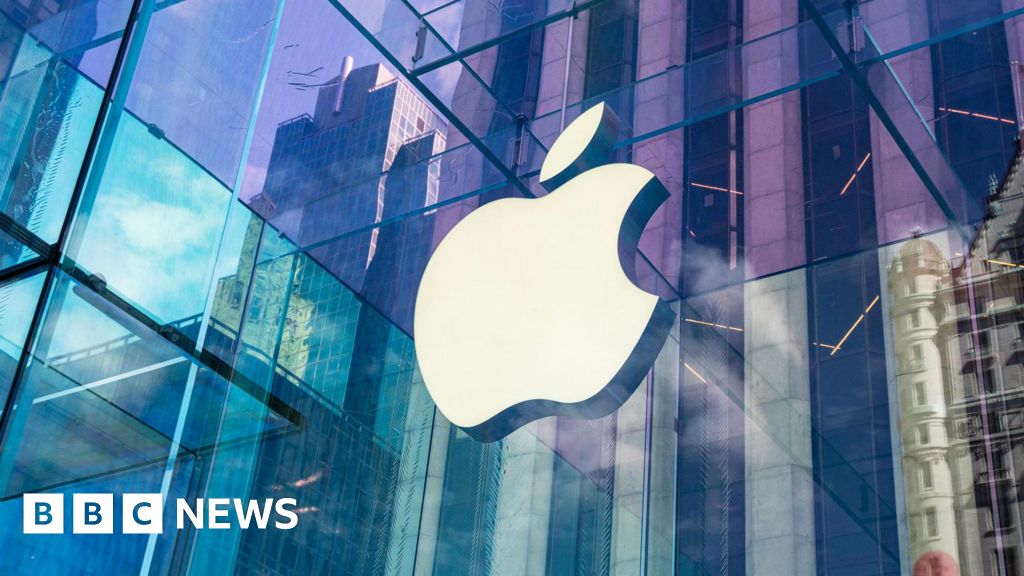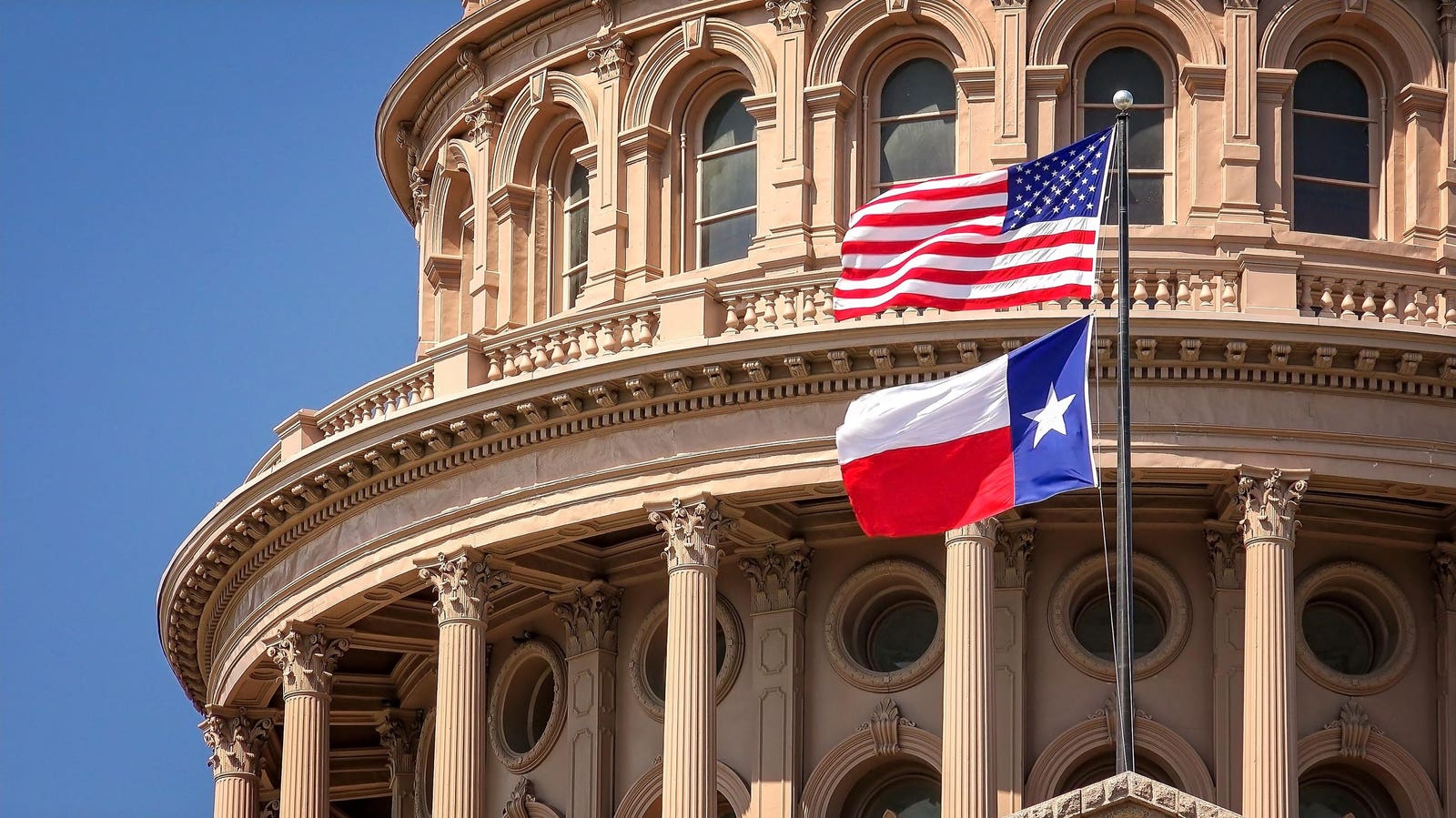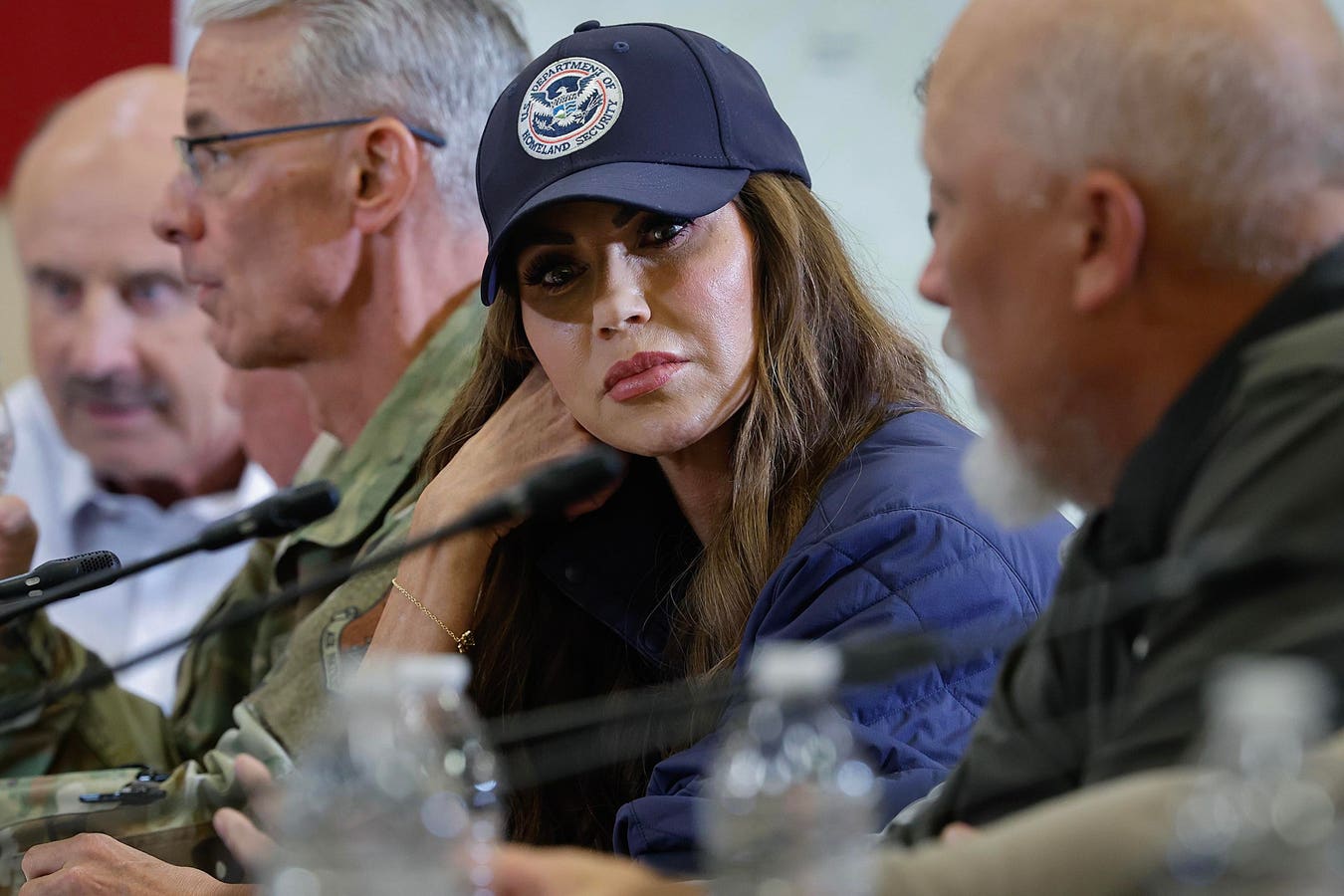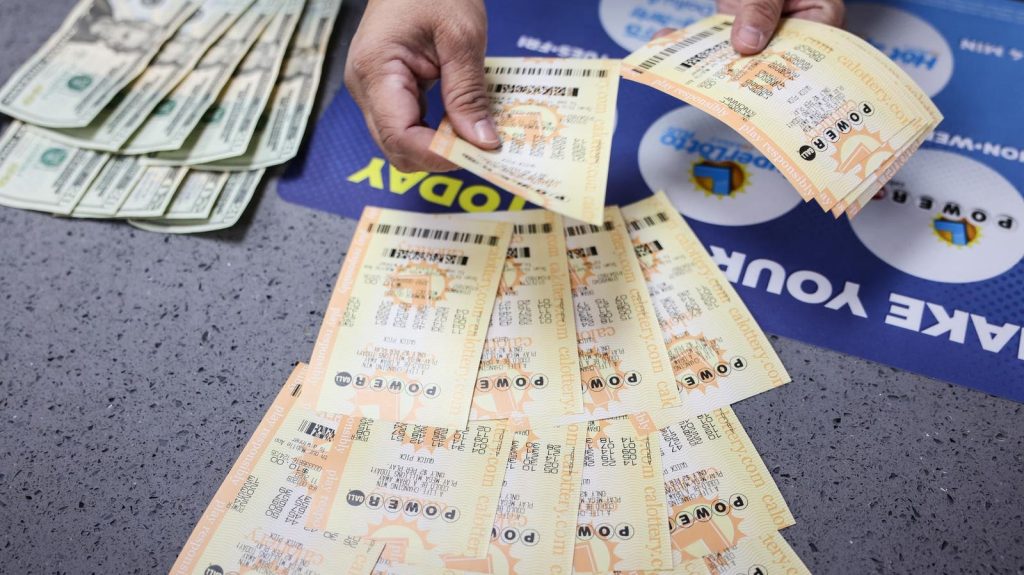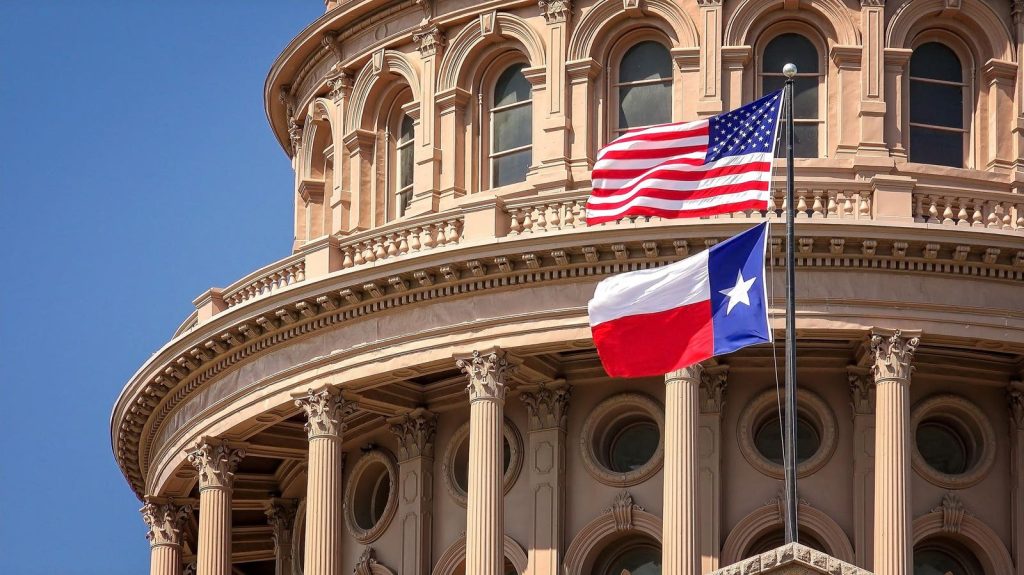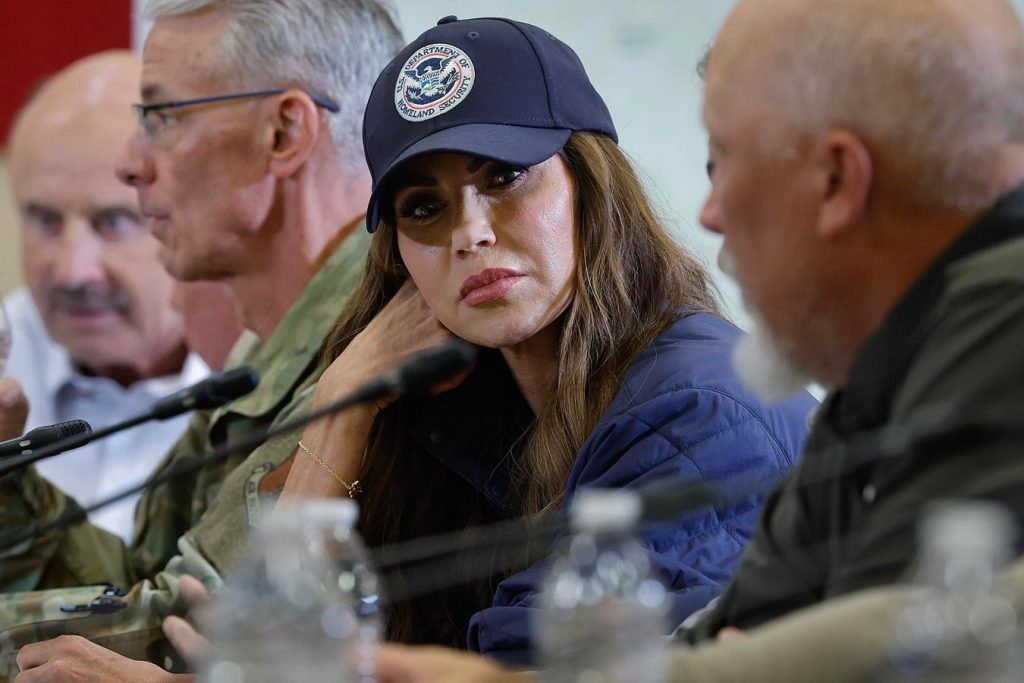What to know as Air Canada says it will resume flights

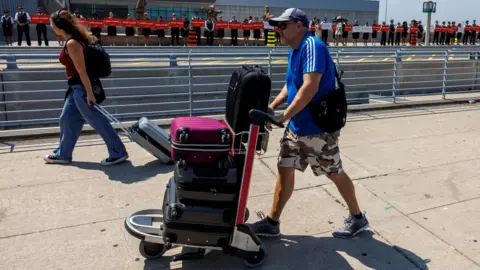 Reuters
ReutersAir Canada and the union representing its cabin crew have announced they reached a tentative agreement, ending a nearly four-day strike that has stranded thousands of passengers.
The airline said on Tuesday that it plans to resume flights by the evening, but warned that it could take several days before operations return to normal.
Air Canada and the union resumed talks late Monday evening, after flight attendants defied a back-to-work order from the government that deemed their strike unlawful.
The two sides then worked to resolve the key areas where they had deadlocked – pay and hours. The full terms of the deal, which still needs to be ratified by union members, have not been disclosed, but the Canadian Union of Public Employees (CUPE) said it achieves “transformational change” for workers and the industry.
It also advised its members to “fully co-operate with the resumption of operations.”
Here’s what you need to know as Air Canada prepares to fly again.
When will Air Canada flights resume?
Air Canada said it will “gradually restart operations” on Tuesday after reaching an agreement with the union that will bring 10,000 flight attendants back to work.
The first flights are scheduled to take off Tuesday evening, but the company will need about a week to resume full service, it added.
Over the next seven to 10 days, some flights will be cancelled “until the schedule is stabilised”, the airline said in a statement.
Air Canada advised that only passengers with confirmed bookings should head to the airport.
Those with cancelled flights will still be able to get a full refund or credit for future travel, it added, or be rebooked on another airline.
What did Air Canada and cabin crew agree to?
After nine hours of negotiations, with help of a mediator, the two sides reached a tentative agreement early Tuesday morning. Neither CUPE or Air Canada have said yet what is in that agreement, but there are some hints.
We know that a major sticking point for the union was what flight attendants called “unpaid work”. They wanted to change the compensation system, which only covered the hours they were in the air, to also pay them for time in the airport, when they guide boarding or wait for flights.
CUPE, in its statement on the deal, said “unpaid work is over”.
The agreement will still have to be voted on by union members.
Air Canada said it will not comment on the agreement until “ratification is complete.”
It added that during the voting process, “a strike or lockout is not possible.”
Why did Air Canada cancel flights?
Flight attendants gave a 72-hour strike notice last week after months-long contract talks reached an impasse. Soon afterwards, Air Canada began delaying and cancelling some flights.
By Saturday, Air Canada said it was forced to suspend “all operations” after workers voted to go on strike.
With the strike in effect, the airline announced it would halt flights on its Air Canada and Air Canada Rouge service.
Air Canada Express flights, which carry about 20% of Air Canada’s daily customers, were not affected.
Air Canada said the strike has impacted half of a million passengers. The airline operates around 700 flights daily, both domestically and internationally.
What led to the strike?
CUPE said the company was not addressing key issues such as wages and unpaid work.
It said it bargained in good faith with the airline for more than eight months.
Before the strike, the airline said it had offered flight attendants a 38% increase in total compensation over four years, with a 25% raise in the first year.
But the union said the offer was “below inflation, below market value, below minimum wage” and would leave flight attendants unpaid for some hours of work.
They said wages had not kept up with inflation, so Air Canada’s suggested pay increase was “in effect, a pay cut”.
Almost all of the attendants – 99.7% – voted to strike earlier this month. The company asked the government to intervene.
How did the government respond to the strike?
As the cancellations mounted, the Canadian government used its powers to force the airline and the union into binding arbitration, hoping to minimise disruptions for travel and the economy.
“Despite significant supports from the government, these parties have been unable to resolve their differences in a timely manner,” Jobs Minister Patty Hajdu said on Saturday, in invoking Section 107 of the Canada Labour Code.
“I am exercising this authority because it is critical to maintaining and securing industrial peace, protecting Canadians and promoting conditions to resolve the dispute.”
The Canada Industrial Relations Board then issued a return-to-work order, which the union defied.
CUPE accused the federal government of violating the rights of striking workers. They alleged that forcing an end to the strike would “ensure unresolved issues will continue to worsen by kicking them down the road”.
In binding arbitration, an independent third party sets the terms of a contract in an agreement that is legally enforceable.
After the union’s refusal to return to work, Hajdu released a statement on Monday encouraging Air Canada and CUPE to resume negotiations.
She added that her ministry will order a probe into “the allegations of unpaid work in the airline sector”.
What to do if your flight is cancelled
Air Canada has said it will notify passengers if there is a change to the flight’s scheduled departure time.
Customers whose flights are cancelled will be notified and will receive a full refund, the airline said, or can receive flight credits for future bookings.
The company has also made arrangements with other Canadian and foreign carriers to provide customers alternative travel options, though it cautioned that space on other airlines will be limited “due to the peak summer travel season.”
If it’s a round trip, return flights are not automatically cancelled in case the passenger reaches the destination.
Those bookings can be cancelled with no fees.



